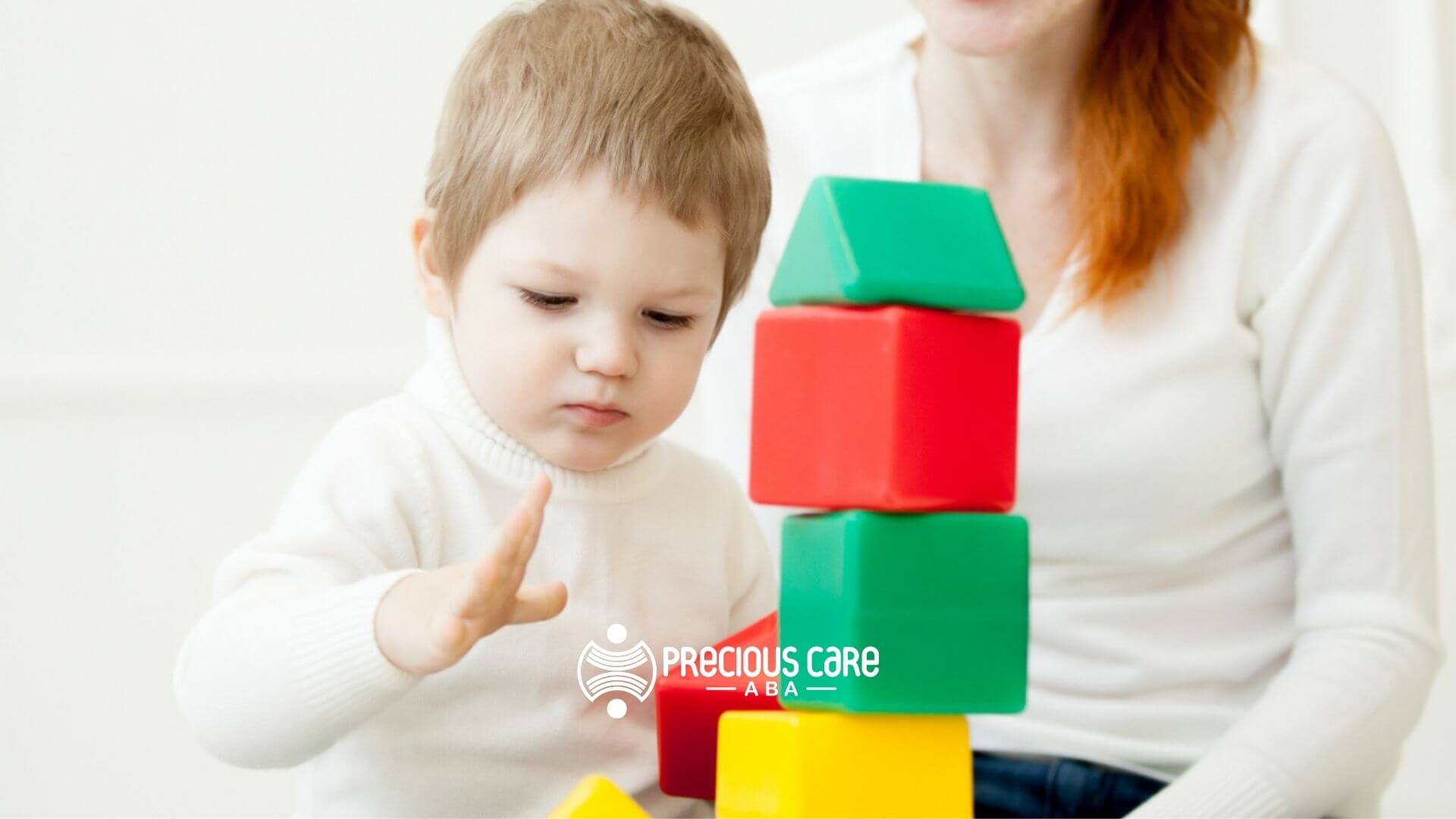Some may wonder if there are any facial signs that can give us a clue. While there’s no single physical feature that can definitively point to autism, some subtle facial and social cues might be present. However, it’s important to understand that autism shows up differently in every individual, so no one-size-fits-all signs exist.
According to experts, one common characteristic in individuals with autism is a difference in how emotions are expressed. Many people on the spectrum may have a harder time showing or interpreting facial expressions.
For example, they might not make as much eye contact or their faces may not display emotions as clearly as those of neurotypical individuals. A study from the American Psychological Association found that people with autism often struggle with recognizing emotions in others, which can make social situations trickier.
This doesn’t mean that someone with autism won’t express joy, sadness, or anger—they might just do it in a way that’s less noticeable. So, while there can be some facial differences, these are just one piece of the puzzle. If you suspect someone may be on the autism spectrum, it’s always best to consult with a healthcare professional for a complete assessment.
If you’re looking for more personalized support, Precious Care ABA offers in-home and daycare-based ABA therapy in Colorado, Maryland, New Jersey, and Utah. Our tailored programs focus on helping kids improve their communication, behavior, and social skills.
Reach out to learn how we can help your child thrive!
FAQs
Can you spot signs of autism in babies?
While it can be harder to spot signs in babies, early behaviors like limited eye contact or less social engagement might be early indicators.
Are facial expressions enough to diagnose autism?
No, facial expressions are just one small clue. A comprehensive evaluation from a specialist is necessary for an accurate diagnosis.
Is autism always associated with a lack of expression?
Not at all. Many individuals with autism express themselves, but it can sometimes be in ways that others might not immediately recognize.


